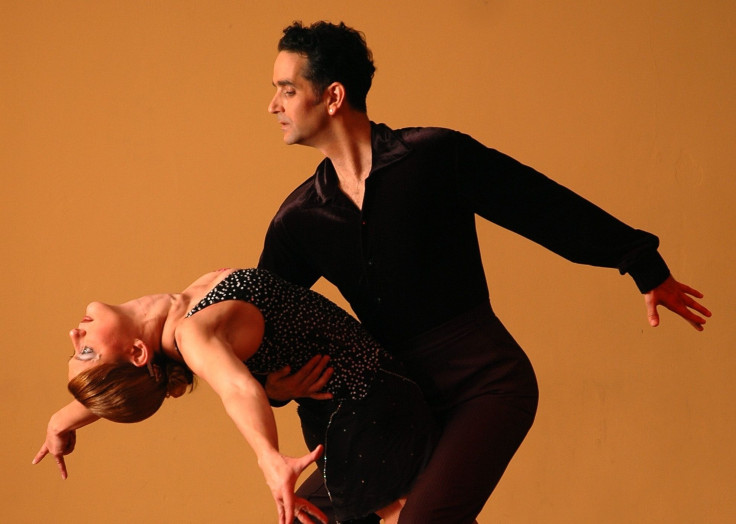Group Activities Like Dancing And Art Therapy Could Alleviate Depression, Study Finds

A recent study has found that group activities such as dancing and art therapy could effectively reduce anxiety and depression.
Engaging in these activities offers hope to individuals facing mental health challenges, and helps improve emotional well-being by creating a sense of connection and healing.
The findings of the study, published in the British Medical Journal, looked at different art activities for people with anxiety and depression. They found that activities like dancing, music therapy, art therapy, martial arts, and theater can help reduce symptoms of depression and anxiety.
However, more research is needed to understand which activities work best for different outcomes and how they compare to each other.
The researchers looked at different types of performance art like dance therapy, music therapy, art therapy, martial arts-based therapies, and theater with an aim to understand how these art forms can help improve mental health and reduce feelings of anxiety and depression.
The researchers conducted a thorough review of 171 studies spanning from 2004 through 2021, focusing on 12 selected ones for further analysis. It appears that anxiety and depression were the primary areas of interest in the majority of these studies. However, it is worth noting that there seems to be a relatively limited exploration of other important outcomes such as well-being, quality of life, and everyday communication.
The studies reviewed showed that dance had a positive effect on mental health and reduced depression and anxiety. Similarly, art therapy, including clay art therapy, was found to lower anxiety and depression levels. These findings indicate that dance and art therapy have the potential in improving mental well-being.
"Anxiety and depression are major global health challenges, for which we desperately need non-drug treatments that reduce symptoms. Our review found real promise across a range of studies – but this field of research has stagnated," says Dr. Max Barnish, the study's author from the University of Exeter Medical School, in a media release. "We now need researchers to work across the performing arts to compare group therapies to each other, so we can establish which type of activity is most effective in reducing symptoms."



























